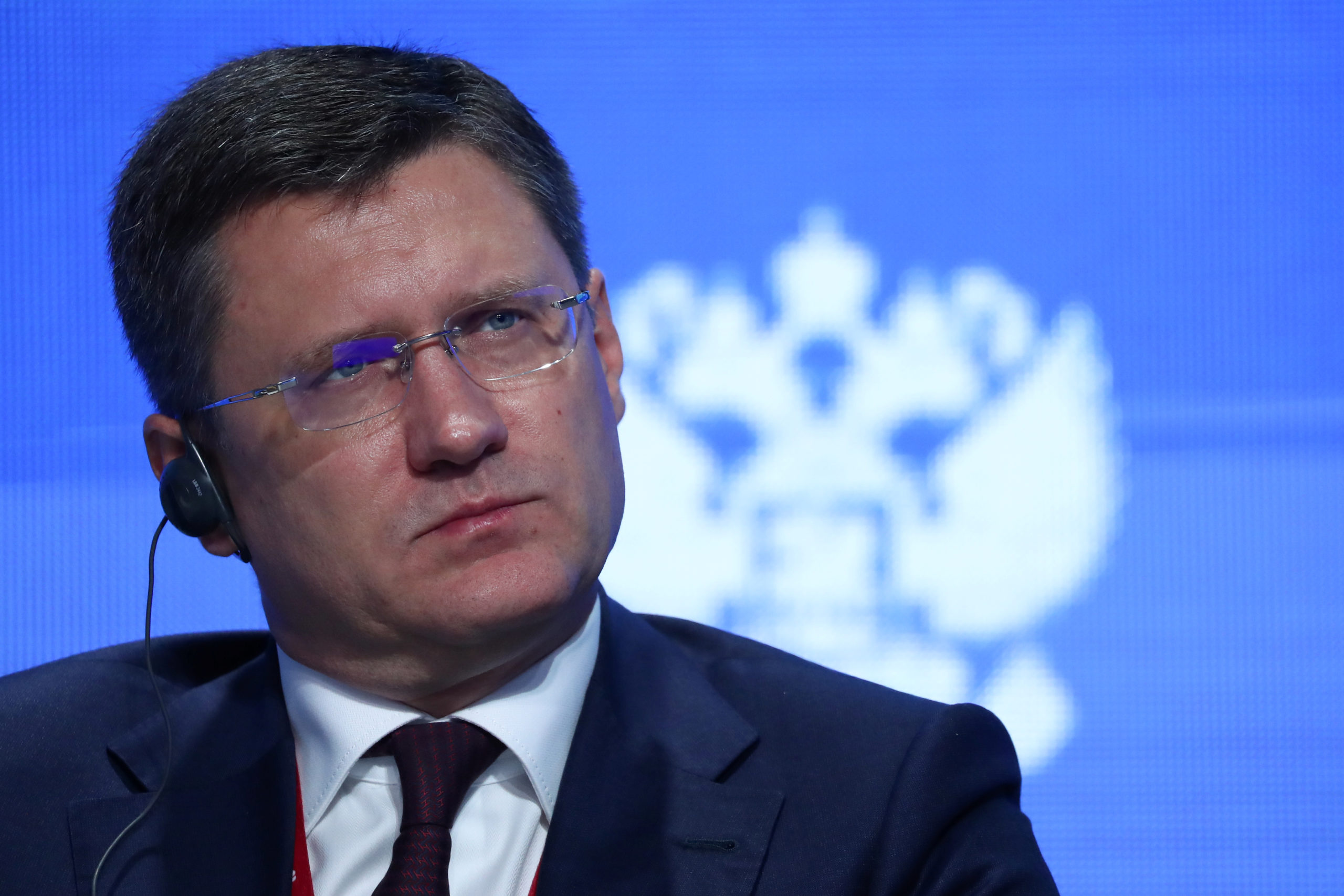Russia’s cabinet reshuffle affects several key Arctic roles
Energy Minister Alexander Novak is promoted, while Natural Resources and Environment Minister Dmitry Kobylkin is out.

MOSCOW (Reuters) — Russian Prime Minister Mikhail Mishustin recommended the promotion of Energy Minister Alexander Novak to the post of deputy prime minister on Monday as part of a second overhaul of the cabinet this year.
The reshuffle is not expected to diminish Novak’s influence on the country’s ties with the Organization of the Petroleum Exporting Countries (OPEC), with Novak saying he would work “in tandem” with his successor to oversee Russian energy strategy until 2035.
Industry sources told Reuters that Novak, who had served as energy minister since 2012 would remain Moscow’s main representative at OPEC and provide stability during the volatility on the global oil market.
In a shake-up first reported by media outlets Kommersant and RBC, President Vladimir Putin also dismissed Transport Minister Yevgeny Dietrich, Natural Resources and Environment Minister Dmitry Kobylkin — former governor of the Yamalo-Nenets Autonomous Okrug — and Construction Minister Vladimir Yakushev.
Kobylkin’s ministry struggled with two major environmental disasters in the region, a fuel spill in Norilsk and marine pollution in Kamchatka linked to massive die-offs there, the Independent Barents Observer noted.
Kremlin spokesman Dmitry Peskov said the reshuffle, carried out before next year’s parliamentary elections, was the result of a normal ministerial rotation and not tied to the ministers’ performance in fulfilling President Vladimir Putin’s directives.
Russia carried out a sweeping cabinet reshuffle in January after Putin accepted the resignation of Prime Minister Dmitry Medvedev and proposed constitutional amendments that could allow him to remain in power after his term ends in 2024.
Speaking at a government meeting with Russia’s influential group of deputy prime ministers, Mishustin said he was recommending Nikolai Shulginov, CEO of RusHydro, a hydroelectric power generation company, to replace Novak as energy minister.
Novak, 49, played an important role in helping OPEC reach a 2016 deal to cut global oil output.
Shulginov has worked in the electric power industry since 1975, according to his biography on RusHydro’s website. He was appointed its CEO in 2015.
Mishustin recommended that Vitaly Saveliev, CEO of Russia’s flagship airline Aeroflot, become transport minister.
Mikhail Poluboyarinov, CEO of Russia’s State Transport Leasing Company (GTLK), is the main candidate to take over at Aeroflot, two aviation industry sources told Reuters. GTLK declined to comment.
Aeroflot did not immediately respond to a request for comment.
Mishustin recommended Alexander Kozlov, the minister for the development of the Russian Far East and Arctic, as natural resources and environment minister, and proposed Irek Fayzullin, deputy construction minister, as head of the construction ministry.
The State Duma, the lower house of parliament, still has to approve the appointments. It is expected to do so on Tuesday, Russian news agencies reported.
Additional reporting by Anton Kolodyazhnyy, Darya Korsunskaya, Anastasia Lyrchikova and Oksana Kobzeva; Writing Gabrielle Tétrault-Farber.